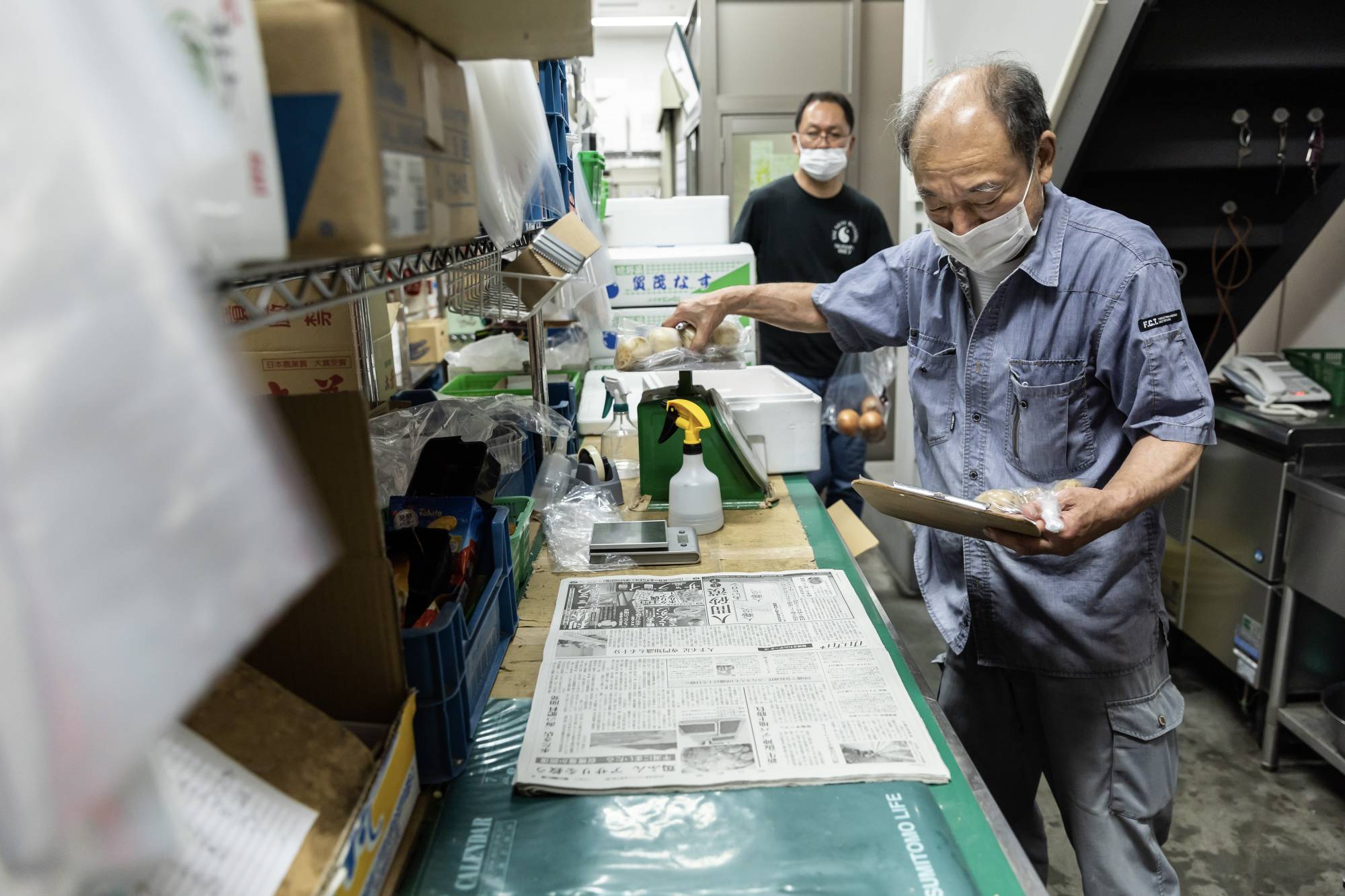10 Years + in a Dead-End Job: Is It Too Late for a Singapore Career Change?
A recent survey revealed that 19% of employees in Singapore are unhappy at work—the highest rate in Southeast Asia. Many feel stuck in roles that don’t align with their aspirations or skills, and the fear of change often keeps them rooted in place.
This article tackles the pressing question: Is it too late to switch careers after spending over 10 years in a dead-end job?
We’ll explore the realities of stagnant roles, debunk myths about age and career transitions, and provide actionable tips to help you take the leap toward meaningful work.
Whether you’re just starting out or already established as a white-collar professional, this guide is tailored to empower you with insights and practical advice.

The Reality of "Dead-End" Jobs in Singapore
What is a dead-end job? In Singapore’s fast-paced work culture, a dead-end job typically refers to roles with limited opportunities for promotion, skill development, or meaningful rewards.
These jobs often come with poor work-life balance, inadequate pay, or a lack of recognition—all major contributors to dissatisfaction.
Alarmingly, only 14% of workers in Singapore feel their current job aligns with their skills and aspirations.
Why do people stay stuck?
- Financial pressures: With rising living costs and concerns over job security, many prioritise stability over career progression.
- Work culture: Singapore’s competitive environment often discourages risk-taking, making career changes seem daunting.
- Fear of failure: The prospect of starting over can be intimidating, especially for those supporting families or repaying loans.

Debunking the "Too Late" Myth
Let’s address the elephant in the room: Is age a barrier to career change? Absolutely not.
Successful career transitions are possible at any age. It’s evidenced by individuals like Vera Wang, who launched her fashion career at 40, and Singaporean professionals who’ve leveraged programmes like SkillsFuture to pivot into new industries.
Here’s why it’s never too late:
- Experience matters: Decades spent in one field equip you with transferable skills such as leadership, problem-solving, and adaptability—qualities highly valued across industries.
- Mindset is key: Self-belief and determination can overcome age-related stereotypes. Career coaches often stress the importance of introspection and aligning your values with your next move.
Assessing Your Skills and Interests
Before taking the plunge into a new career, self-assessment is crucial. Here’s how you can get started:
- Identify transferable skills: Reflect on abilities gained from your current role—communication, project management, or technical expertise—and consider how they apply to other industries.
- Explore interests: What excites you? Whether it’s technology, healthcare, or entrepreneurship, pinpoint areas that resonate with your passions.
- Understand market demands: Use tools like MySkillsFuture.sg to research industry trends and skill requirements.
- Network strategically: Informational interviews with professionals in your desired field can provide valuable insights.
Pro Tip: Leverage MySkillsFuture’s self-assessment tool to discover career options aligned with your strengths and values.
Navigating the Singaporean Job Market as a Career Changer
Switching careers after years in one field comes with challenges—but they’re surmountable with the right strategies:
- Tailor your resume: Highlight transferable skills rather than focusing solely on past job titles.
- Leverage connections: Attend networking events or use platforms like LinkedIn to tap into professional networks.
- Gain experience: Consider internships, freelance projects, or volunteer work to build credibility in your new field.
Singapore’s competitive job market rewards adaptability. Tools like MyCareersFuture.sg make it easier to match skills with available roles.
Utilising Singapore's Resources for Career Transitions

Singapore offers robust support systems for career changers:
- SkillsFuture: This initiative provides credits for courses that enhance employability across diverse industries.
- Career Conversion Programmes (CCPs): These programmes offer up to 90% salary support during training periods for mid-career workers transitioning into new roles.
- Career coaching: Professional guidance can help clarify goals and navigate challenges effectively.
Make use of these resources to upskill and prepare for your next chapter.

Financial Planning and Risk Management
Career changes often involve temporary financial sacrifices. Here’s how to mitigate risks:
- Budget wisely: Research entry-level pay in your chosen field and adjust your lifestyle accordingly
- Build an emergency fund: Aim for savings that cover at least six months’ worth of expenses.
- Explore side income options: Freelancing or part-time work can supplement earnings during the transition.
Careful financial planning ensures stability while pursuing new opportunities.
The Psychological and Emotional Aspects of Career Change
Leaving a familiar role can be emotionally taxing—but resilience makes all the difference:
- Manage stress: Engage in mindfulness practices or physical activities to maintain mental well-being.
- Seek support: Surround yourself with friends, family, or mentors who encourage your journey.
- Overcome fear of failure: Reframe setbacks as learning opportunities rather than roadblocks.
Remember: A fulfilling career is worth temporary discomfort.
Bottom Line
It’s never too late for a career change in Singapore—even after 10 years or more in a dead-end job. With determination, strategic planning, and access to resources like SkillsFuture and CCPs, you can transition into work that truly aligns with your aspirations.
Take action today: Reflect on your goals, leverage available tools, and start networking within your desired industry.
Bonus: Key Networking Strategies for Career Transition in Singapore:
| Strategy | Key Points |
| Define Clear Goals | Know your target industry, roles, and objectives. |
| Personal Connections | Reach out to friends, family, ex-colleagues for introductions. |
| LinkedIn & Social Media | Optimise LinkedIn profile; join and engage in industry-specific groups. |
| Networking Events | Attend events from Eventbrite, Meetup, Tech in Asia, Chambers of Commerce. |
| Mentors & Advisors | Use NTUC MentorConnect or Advisory.sg; connect with industry veterans. |
| Upskilling | Enroll in short courses (SkillsFuture, NTUC LearningHub, General Assembly). |
| Informational Interviews | Arrange brief chats for insights; follow up with gratitude and updates. |
| Volunteer & Projects | Volunteer or do pro bono work to build experience and meet industry contacts. |
| Alumni Associations | Leverage university alumni networks and events (NUS, NTU, SMU, etc.). |
| Regular Follow-ups | Maintain relationships through periodic engagement (messages, sharing info). |
| Local Etiquette | Be polite, sincere, authentic; build trust before seeking favors. |
| Govt-Supported Programmes | Participate in career programmes by NTUC, Workforce SG, SkillsFuture. |
FAQs
Q: How do I know if I’m stuck in a dead-end job?
A: Signs include lack of growth opportunities, unfulfilling tasks, poor work-life balance, or feeling undervalued
Q: What industries are growing in Singapore?
A: Sectors like technology, healthcare, green energy, and fintech are experiencing rapid growth
Q: Can I afford a career change?
A: Yes—with proper budgeting and financial planning (e.g., building an emergency fund)
Checklist for Career Change Success
- Identify transferable skills
- Research industry trends
- Create a tailored resume
- Build an emergency fund
- Network strategically
- Leverage government resources (SkillsFuture/CCPs)
- Seek emotional support
Take control of your future today—because meaningful work is always worth pursuing!
Let us know what you think about this topic, and what do you want to hear next.
You can now be our community contributor and make a pitch to have your favourite personality be on our show.
Join our community group and drop us your insights on this topic.

-3.png?width=50&name=Square%20(2)-3.png)









Let us know what you think of this post